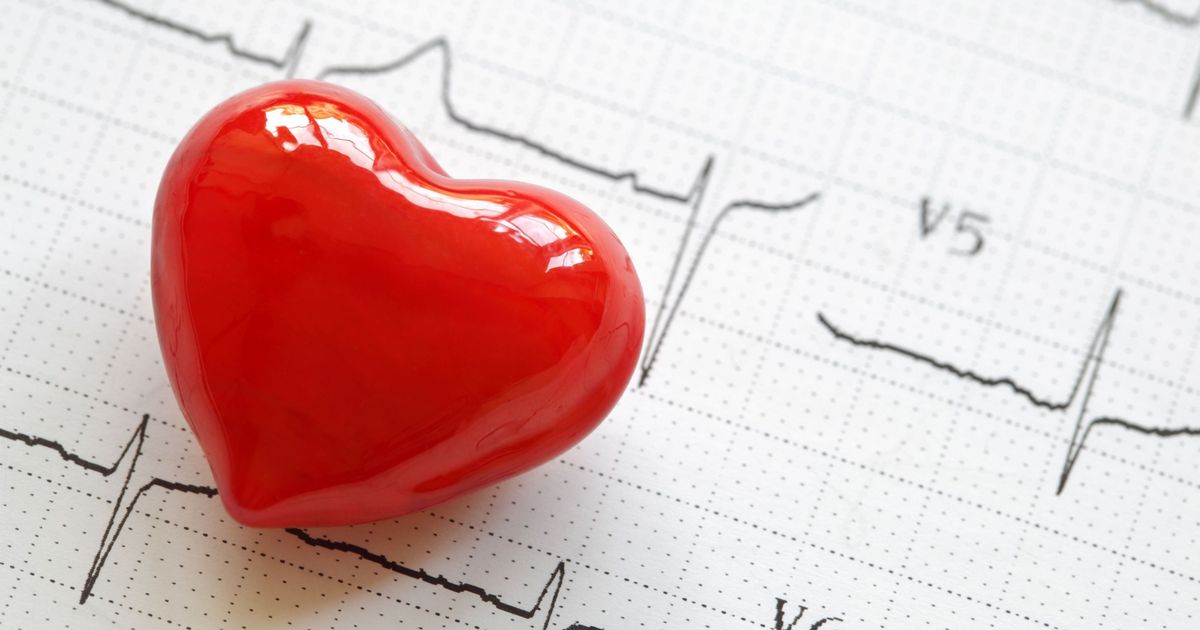Guide To Atrial Fibrillation Symptoms
Atrial fibrillation is a cardiac condition in which the atria (the upper chambers of the heart) beat rapidly and irregularly. Patients with this condition are at an increased risk of strokes, blood clots, and heart failure. High blood pressure, sleep apnea, lung disease, metabolic syndrome, and diabetes can elevate a patient's chances of developing atrial fibrillation, and obese individuals are at a higher risk too. Some patients may have episodes of atrial fibrillation that occur intermittently. For others, the condition could persist for months, and some individuals have permanent atrial fibrillation. To diagnose this condition, doctors start by listening to the patient's heart with a stethoscope. This helps doctors understand whether the rhythm of the patient's heart is normal.
Based on information from the physical exam, the doctor might decide to order further tests. An electrocardiogram is the primary tool used in the diagnosis of atrial fibrillation, and doctors might also recommend an echocardiogram, Holter monitor, event recorder, or stress test. Treatment options for this condition include electrical cardioversion, cardioversion with medication, and catheter ablation. Many patients also take medications such as dofetilide and amiodarone to help the heart maintain a regular rhythm and prevent future episodes.
Chest Pain

Some patients with atrial fibrillation may experience chest pain. The pain is typically located in the middle of the chest, and it can be intermittent. Since chest pain is also a symptom of a heart attack, patients who have this symptom should seek emergency medical care if it persists for more than a few minutes. Seeking treatment is especially important if the pain radiates to the jaw, back, neck, arms, or stomach. To determine the underlying cause of chest pain, doctors will place the patient on a heart monitor.
Blood tests will be performed to check for specific markers of cardiac damage, and medical staff may also need to do echocardiograms or other diagnostic procedures. If atrial fibrillation is diagnosed, patients may be given medication, and immediate treatment may be required in serious cases. Patients should always let their cardiologist or primary care doctor know if they experience chest pain regularly. It can be helpful to make notes about whether the pain is sharp or dull, and the patient might want to note what they were doing when the pain occurred.
Heart Palpitations

Heart palpitations occur when the patient senses their heart is racing or beating in an irregular rhythm. Some individuals describe the sensation as a 'flip flop' in the chest, and it can be both uncomfortable and frightening. While heart palpitations are normally harmless, they may be an indication of atrial fibrillation or another underlying heart condition. Patients with heart palpitations should have a physical examination and other tests to determine the underlying cause.
The doctor will ask the patient whether the palpitations occur at rest or during activity, and they will also want to know if they begin or end abruptly. Letting the doctor know about any skipped beats or fluttering may help with the diagnosis. Patients who have already been diagnosed with atrial fibrillation should alert their cardiologist if they experience new palpitations. The cardiologist may want to review the patient's medications and make adjustments or additions to improve symptom management.
